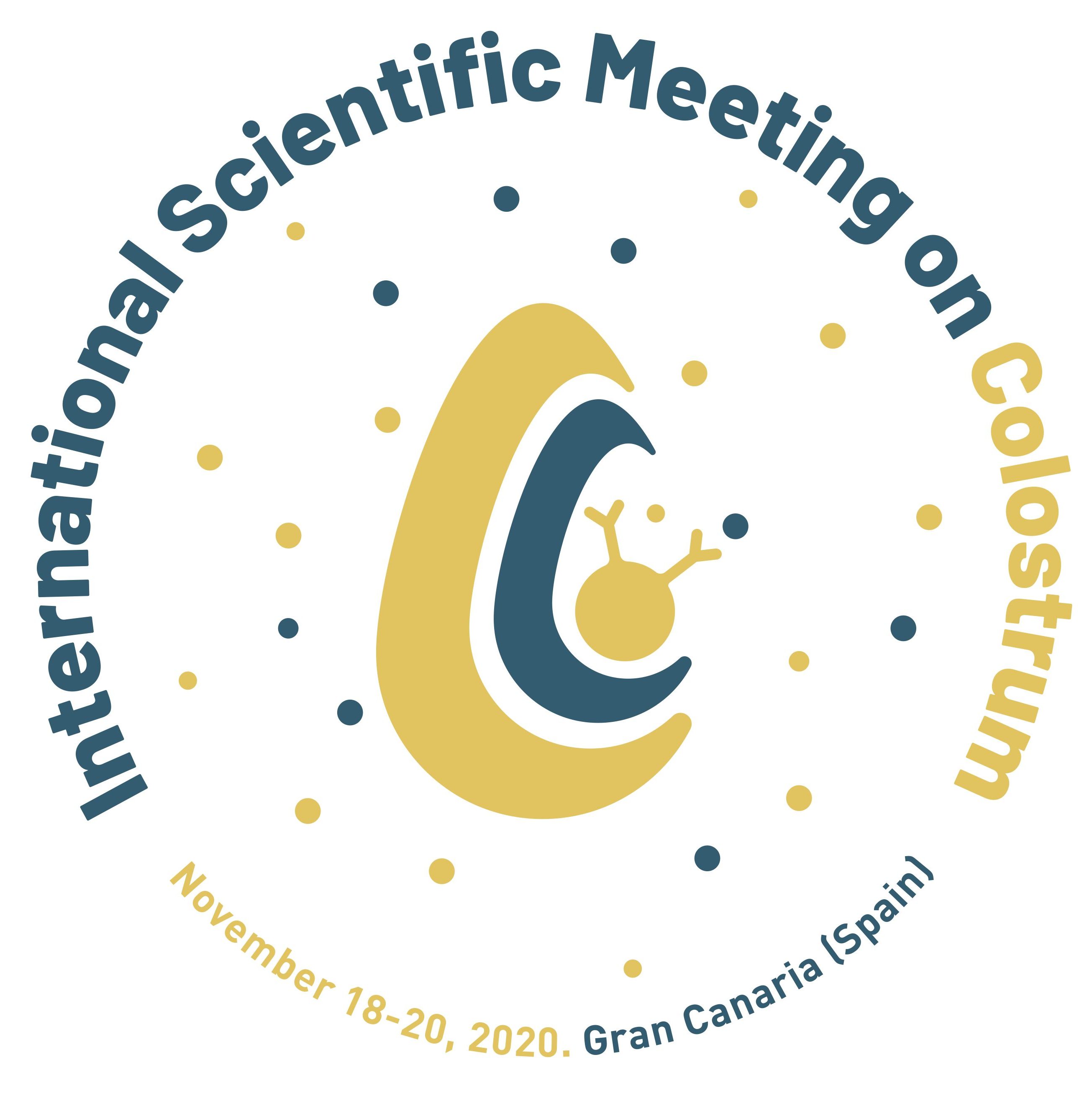Colostrum and calf gastrointestinal development and function

Dr. Michael Steele is an Associate Professor at the University of Guelph, NSERC Industrial Research Chair in Dairy Cattle Nutrition and Past-President of the Canadian Society of Animal Science (CSAS). He completed his Ph.D. at the University of Guelph and worked for Nutreco Canada Agresearch for two years prior to returning to academia at the University of Alberta and Guelph as an NSERC Industrial Research Chair. He was recently awarded the CSAS Young Scientist Award (2017), the Cargill Young Animal Nutritionist Award (2018), the Lallemand Award for Excellence in Dairy Nutrition Research (2017), and the ASAS Early Career Researcher Award (2019). His research expertise includes mechanisms that control gut physiology and development and how current calf nutrition management can affect these processes. Dr. Steele has published over 60 manuscripts relating to colostrum, transition milk, plane of milk feeding, weaning, and cow nutrition and management during his career.
Importance of sow colostrum for piglet survival and health

Since 1994, Hélène Quesnel has been working at INRAE (France) as a physiologist specialised in reproduction and lactation in swine. Since 2006, her main research interest has been on the endocrine and nutritional regulation of colostrogenesis. She aims to understand how nutrition, management, and the environment of the sow influence colostrum yield and composition, including the subsequent impact on the survival, health, and robustness of piglets. Her research is funded by French and European organisations, as well as through public-private partnerships.
Bovine colostrum as therapy for human patients
Per T. Sangild is a Professor of Comparative Pediatrics and Nutrition at University of Copenhagen, Denmark, and part-time, also Professor of Pediatrics at Copenhagen and Odense University Hospitals. Adjunct Professor at Sun Yat-sen University and Sichuan Agricultural University, China. He is MSc in Agricultural Science (1986), PhD in Animal Physiology (1990), Doctor of Veterinary Medicine (DVSc, 1996) and Doctor of Human Medicine (DMSc, 2010) from University of Copenhagen. Per Sangild´s research focus is on clinical nutrition and developmental gastroenterology with long experience in using animal models (especially piglets) for infants. Analytical focus is nutrition, metabolism, immunology, microbiology and endocrinology, in part using several omics technologies. In this work, bovine colostrum has been investigated for treatment of several human patient groups. Per Sangild has led 50 separate projects (>25 mio Euros total) with international experience from longer research stays in United Kingdom, Australia and China. Publications: 200 peer-review, 400 abstracts, 45 book chapters.
Impact of colostrum feeding on gastrointestinal and systemic development in neonatal calves
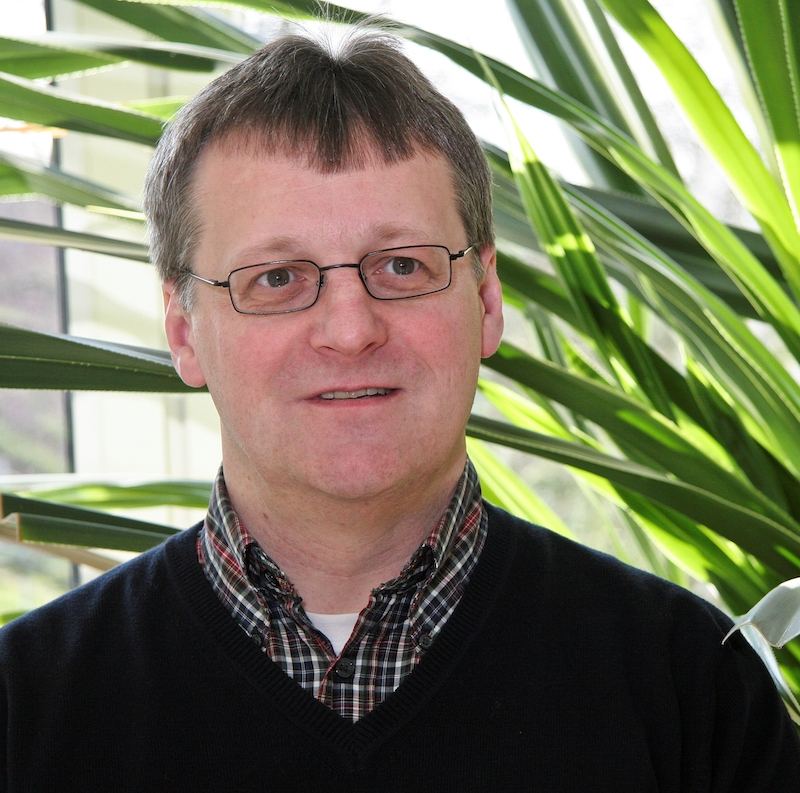
PD Dr. Harald M. Hammon is a senior scientist at the Leibniz Institute for Farm Animal Biology (FBN) in Dummerstorf, Germany, since 2004 and heads the Endocrine Metabolic Regulation Unit at the Institute of Nutritional Physiology “Oskar Kellner”. He has studied veterinary medicine in Munich, Germany, and has received his DVM degree in 1993 and his Habilitation in 2003 from the University of Bern in Switzerland. Dr. Hammon has authored and co-authored more than 150 peer-reviewed papers. His present research involves the neonatal and preweaning calf development and its dependence on colostrum supply and milk feeding intensity. Main interests are the effect of colostrum supply and intensive milk feeding on organ development and endocrine regulation of the energy metabolism. In addition, health and welfare aspects of calf rearing management are getting more and more into the focus, pointing out, that only healthy and robust calves guarantee a successful dairy and beef production.
Exploiting the evolution of lactation; a comparative approach for new insights into the function of colostrum
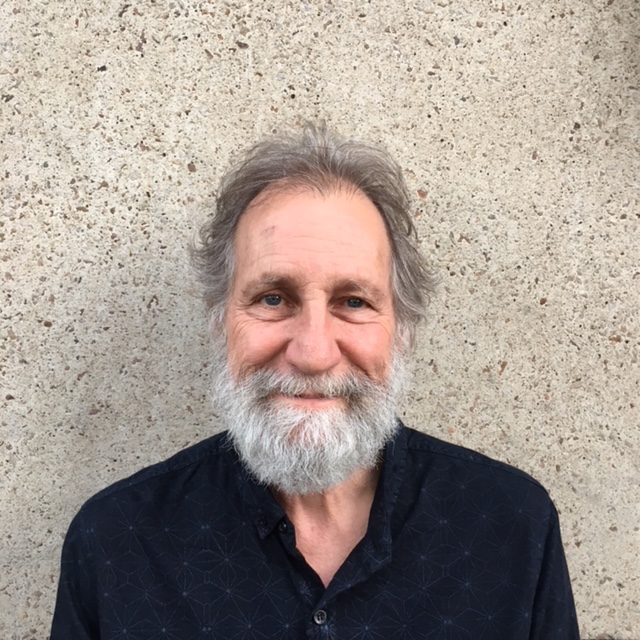
Kevin Nicholas completed a BScHons and a PhD degree in biochemistry at the University of Western Australia. He subsequently moved to the National Institutes of Health in the USA for 6 years and then returned to Australia to take up positions in CSIRO, government research institutes and universities. He has published extensively in the field of lactation and milk bioactivity, graduated 35 PhD students and attracted research funds from industry, the Gates Foundation and other agencies. Kevin is currently a Professor at the Monash Institute of Pharmaceutical Sciences, Monash University and a Professorial Fellow (hon) in the School of Biosciences, University of Melbourne.
His interests focus on exploiting an understanding of the evolution of lactation to better identify the function and delivery of milk and colostrum bioactives that have the potential to signal organ development in the neonate. Kevin has established research platforms of comparative genomics and bioinformatics in mammary gland biology that includes the largest genomics-based lactation database in the world. This database has been central in exploiting a range of species to identify signaling molecules in human colostrum and milk that direct the development of gut and lung, and potentially the brain in the neonate. These studies are providing the basis for reevaluating the role of colostrum in signaling development and formulating the next generation of human milk fortifiers that have potential for improved health outcomes of significantly preterm and low birth weight babies, in both the developing and developed world.
Human milk microbiota: what we really know about it?”
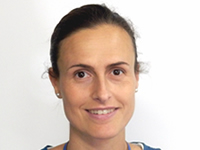
M. Carmen Collado, PhD in Biotechnology (2005, Polytechnic University of Valencia-UPV, Valencia, Spain); Adjunct Professor (2007-now) at the University of Turku, Finland and Research Scientist (2012-now) at Dept. Biotechnology, Institute of Agrochemistry and Food Technology-Spanish National Research Council (IATA-CSIC), Valencia, Spain. Her research work is multidisciplinary and includes microbiology, food science and nutrition areas. Her interests are focused on probiotics, microbiota and health and nutrition during pregnancy and early life period. Her current work includes basic and applied research on molecular analysis and evaluation of health effects of beneficial bacteria and probiotics, the microbial-host interactions, microbiome and its role in human health and diseases and also, the influence of perinatal factors during early life.
Colostrum formation in different species and consequences for colostrum constituents and their uptake by the newborn
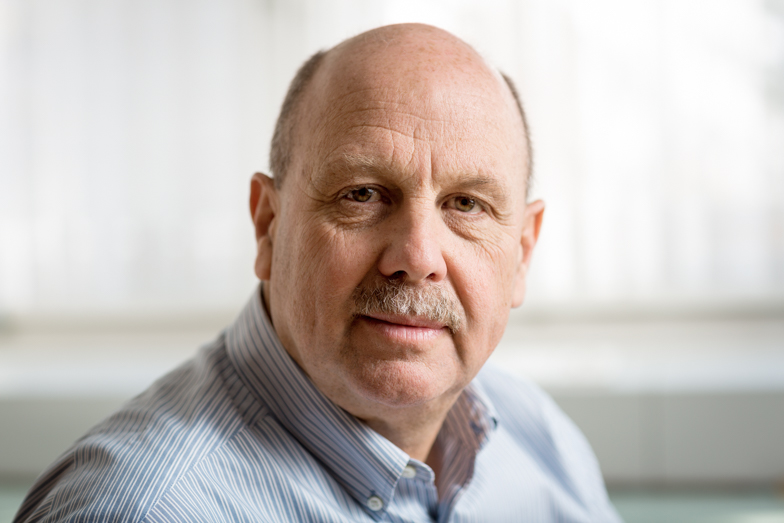
Rupert Bruckmaier is professor and head of the Veterinary Physiology, Vetsuisse Faculty University of Bern, Switzerland. He received his PhD from the Technical University of Munich, Germany, in 1988. He has been working on various topics related to the physiology, immunophysiology, and endocrinology of dairy animal species. Important topics of his work have been endocrine and metabolic adaptions of farm animals to different functional stages of the mammary gland including colostrum formation. Further on, he has been working on the immune response to different mastitis pathogens as well as the neuro-endocrine regulation of milk ejection through oxytocin and related endocrine mechanisms, as well as the interaction between animal and milking machine.
Quantity and quality of colostrum in ruminants: causes of variation and consequences for the newborn
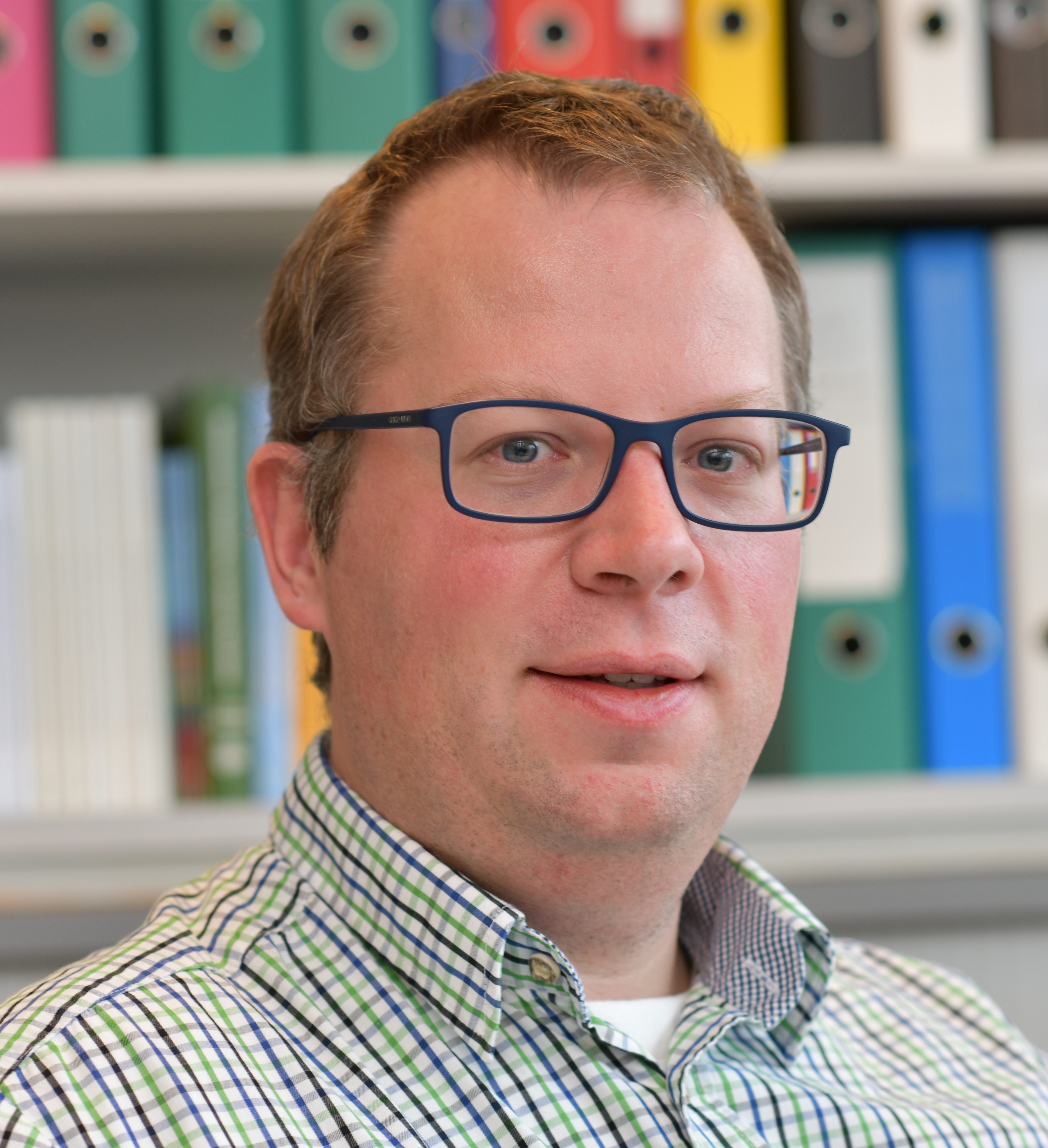
Josef Gross is senior scientist in the Veterinary Physiology group at the University of Bern, Switzerland. He received his PhD from the Technical University of Munich, Germany, in 2011. He is working on the nutritional impact on the adaptive physiology of transition dairy cows. His research addresses the relationship between animal-related factors and variation in colostrum immunoglobulin content of ruminants. In particular, he investigates the role of individual nutrients and metabolites in the endocrine regulation of energy metabolism, periparturient blood-milk barrier formation and mammary immune responsiveness in dairy cows.
The FcRn is the driver of colostrum formation
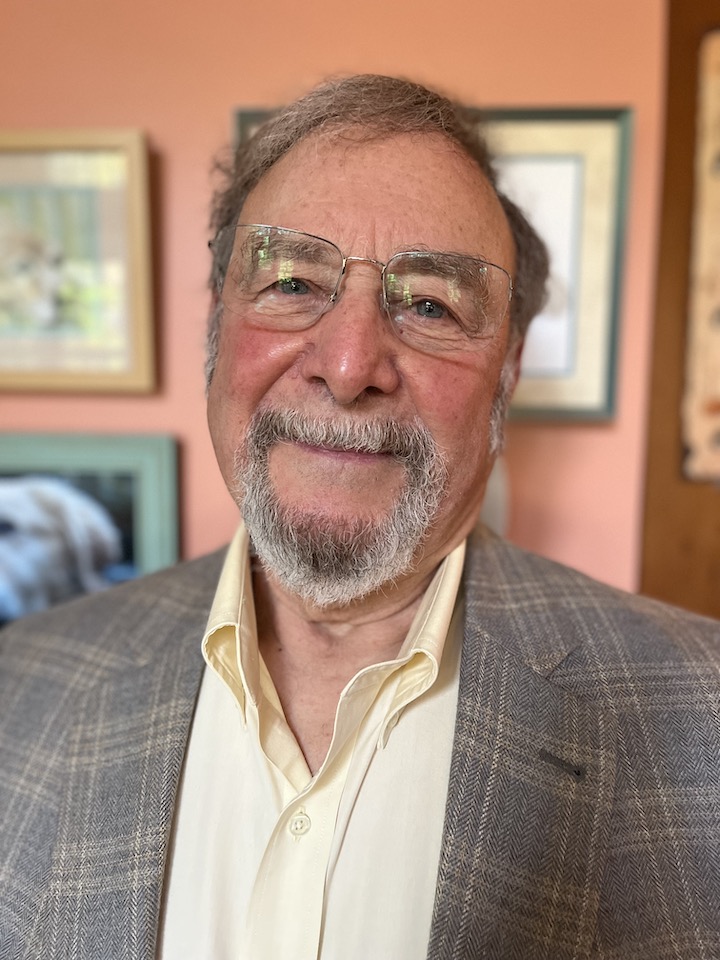
Dr. Craig R Baumrucker has achieved 47 years of scholarly activity and remains as a professor emeritus at The Pennsylvania State University (PSU), University Park, PA USA. He received his PhD from Purdue University, West Lafayette, IN USA in 1974. He has continued his interest in mammary gland biology with continued studies at PSU as well as yearly research activities at the University of Bern, Switzerland. Dr. Baumrucker’s research efforts have been well funded by multiple agencies and have resulted in over 100 primary peer-reviewed publications. His expertise has encompassed biological membrane transporters, endocrine regulation of growth and differentiation of mammary cells, endocrine and growth factors in colostrum, and colostrum formation in the mammary gland. Most recently Dr. Baumrucker’s efforts have focused on the role and mechanism of the Fc Receptor of the Neonate (FcRn) in colostrogenesis. His research approach is basic with the in vitro utilization of isolated membranes, tissues, and cells to define mechanisms of action. Nevertheless, these basic studies have become instrumental in the design of in vivostudies with dairy animals and subsequent publications.
